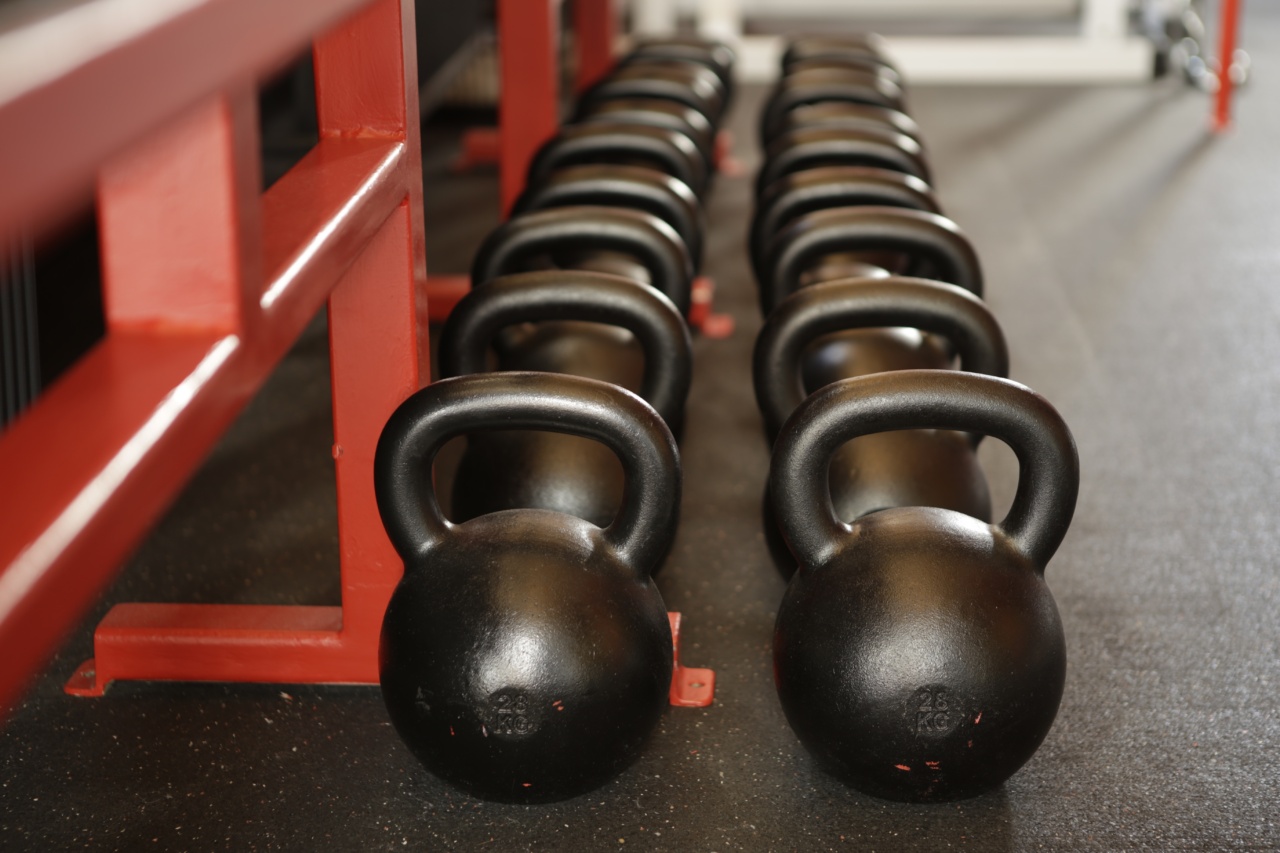Iron is an essential mineral that plays a crucial role in various bodily functions. It helps in the production of hemoglobin, a protein molecule in red blood cells that carries oxygen throughout the body.
Iron also regulates cell growth and differentiation, supports the immune system, and aids in the production of neurotransmitters. Iron deficiency is one of the most common nutritional deficiencies worldwide, and it can cause various health problems, including hearing loss.
What is Iron Deficiency?
Iron deficiency occurs when the body does not have enough iron to produce hemoglobin, resulting in anemia. Anemia can cause fatigue, weakness, pale skin, shortness of breath, and other symptoms.
Iron deficiency can also lead to other health problems, such as impaired immune function, cognitive impairment, and hearing loss.
How Iron Deficiency Affects Your Hearing Health
Iron deficiency affects the health of the inner ear, which is responsible for hearing and balance. The inner ear has a high metabolic rate and needs a constant supply of oxygen to function correctly.
When the body is iron deficient, it cannot produce enough hemoglobin, which means that the inner ear may not receive enough oxygen. This can damage the hair cells in the inner ear, which are responsible for converting sound waves into electrical signals that the brain can interpret as sound. Damaged hair cells can cause hearing loss, tinnitus, and balance problems.
Symptoms of Iron Deficiency Related Hearing Loss
Hearing loss caused by iron deficiency can be gradual and may not be noticed until it’s severe. The following are some of the symptoms of hearing loss caused by iron deficiency:.
- Difficulty hearing high-pitched sounds, such as birds or children’s voices
- Difficulty hearing consonant sounds, which can affect speech recognition
- Muffling of sounds
- An increase in the volume of the TV or radio
- Tinnitus (ringing or buzzing in the ears)
- Difficulty understanding speech in noisy environments
Preventing Iron Deficiency Related Hearing Loss
The best way to prevent iron deficiency-related hearing loss is to maintain adequate levels of iron in the body. The following are some ways to prevent iron deficiency:.
- Eating a balanced diet that includes iron-rich foods, such as red meat, poultry, seafood, dark green leafy vegetables, beans, lentils, tofu, and fortified cereals.
- Taking iron supplements, as recommended by a doctor or a healthcare professional.
- Avoiding foods and drinks that inhibit iron absorption, such as tea, coffee, and calcium-rich foods or supplements when taking iron supplements.
Treating Iron Deficiency Related Hearing Loss
Iron deficiency-related hearing loss can often be reversed with the correct treatment. The following are some ways to treat iron deficiency:.
- Iron supplementation: Iron supplements in the form of tablets, capsules, or liquid are the most common treatment for iron deficiency anemia.
- Dietary changes: Eating a balanced diet that includes iron-rich foods.
- Intravenous Iron: If oral iron supplements are not tolerated, intravenous iron may be administered by a healthcare professional.
Conclusion
Iron deficiency is a common nutritional deficiency that can have various health implications, including hearing loss.
Maintaining adequate iron levels by eating a balanced diet, taking supplements as prescribed by a healthcare professional, and avoiding foods that inhibit iron absorption can help prevent iron deficiency-related hearing loss. If you experience any symptoms of hearing loss, seek medical attention to get a proper diagnosis and treatment.






























